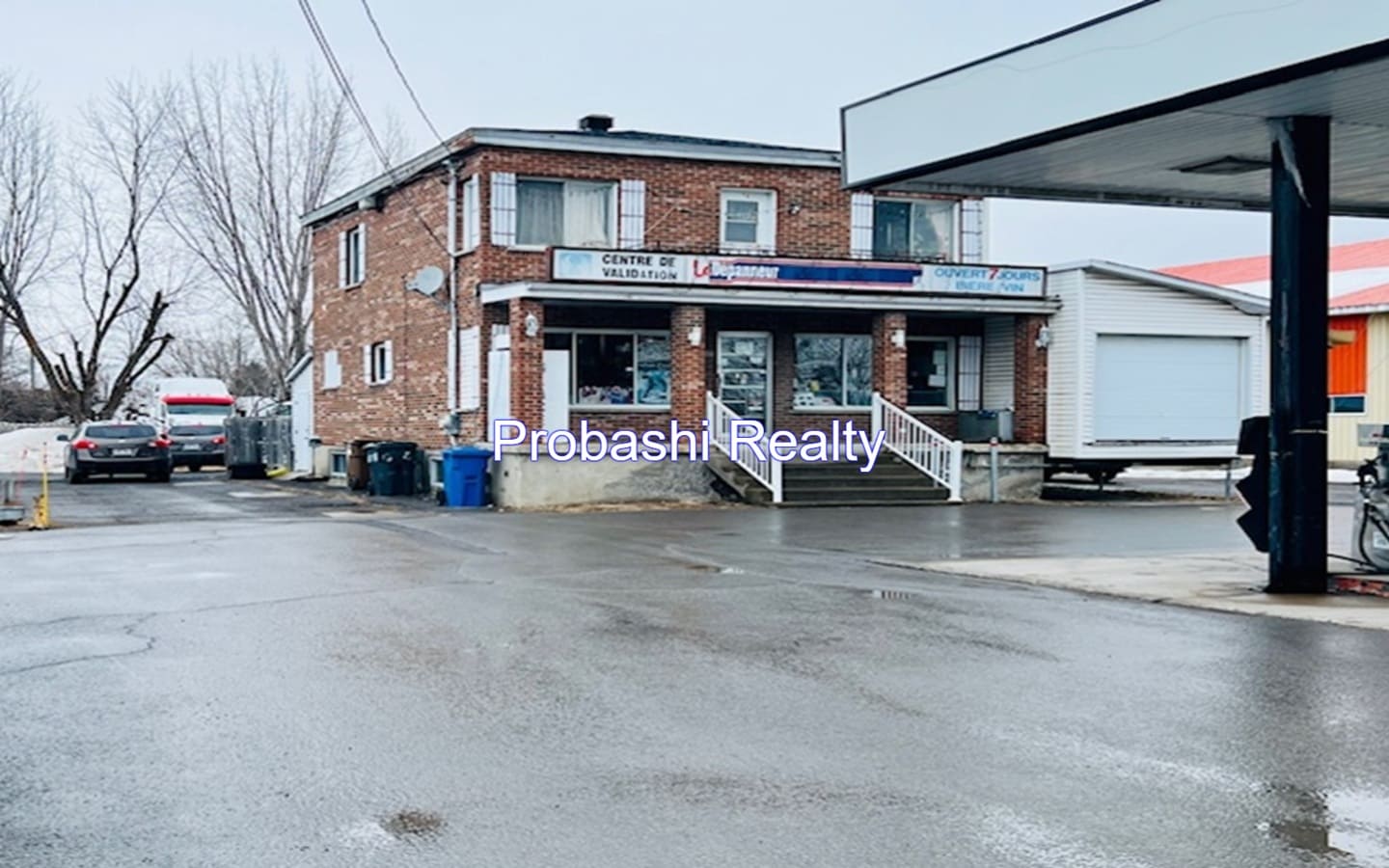Here are some of the major banks in France. The banking landscape can change, and new developments may have occurred since then. The following banks are among the largest in France:
- BNP Paribas
- Crédit Agricole
- Société Générale
- Groupe BPCE (Banque Populaire et Caisse d’Épargne)
- Crédit Mutuel
- LCL (Le Crédit Lyonnais)
- Natixis
- HSBC France
- La Banque Postale
- ING Bank France
This list is not exhaustive, and there are other banks, regional banks, and financial institutions operating in France. Additionally, new developments may have occurred since my last update, so it’s advisable to check the latest information for the most up-to-date list of major banks in France.
Here’s a general overview of the mortgage process for both non-resident and local property buyers in France. Specific processes may vary among lenders, and it’s important to consult with a mortgage professional for the most accurate and up-to-date information:
1. Financial Assessment:
- Income Verification: Provide proof of income, such as pay stubs, tax returns, or business financial statements.
- Credit Check: Lenders assess the borrower’s creditworthiness.
2. Down Payment:
- Determine the required down payment, usually a percentage of the property’s purchase price.
3. Mortgage Pre-Approval:
- Obtain pre-approval from a lender to understand the maximum mortgage amount and interest rate.
4. Find a Property:
- Work with a real estate agent to find a suitable property.
5. Offer and Acceptance:
- Once you find a property, make an offer. Once accepted, the purchase process begins.
6. Legal Process:
- Engage a notary (Notaire) to handle the legal aspects, including property searches and the drafting of the preliminary sales agreement (Compromis de vente).
7. Mortgage Application:
- Complete the mortgage application and provide necessary documentation, including identification and financial information.
8. Property Valuation:
- The lender may conduct a property valuation to determine its market value.
9. Loan Approval:
- The lender reviews the application, property valuation, and approves the mortgage if the borrower meets criteria.
10. Preliminary Sales Agreement:
- Sign the preliminary sales agreement, a legally binding document outlining the terms of the sale.
11. Mortgage Offer and Terms:
- Receive a mortgage offer with details such as the approved amount, interest rate, and terms.
12. Signing the Final Deed:
- Sign the final deed (Acte de vente) in the presence of a notary, transferring ownership.
13. Registration and Transfer:
- Complete the property registration and transfer process.
14. Insurance:
- Some lenders may require property insurance; ensure compliance.
15. Repayment:
- Start making monthly mortgage payments based on the agreed terms.
Additional Considerations:
- Residency Status: Non-residents may have additional documentation requirements.
- Legal Fees and Charges: Be aware of legal fees and associated charges.
- Currency Exchange: If your income is in a different currency, consider exchange rate fluctuations.
It’s crucial to work with professionals familiar with French real estate and mortgage regulations to navigate the complexities of the process successfully. Additionally, as the real estate and financial sectors can evolve, it’s advisable to check for any updates or changes in regulations.













